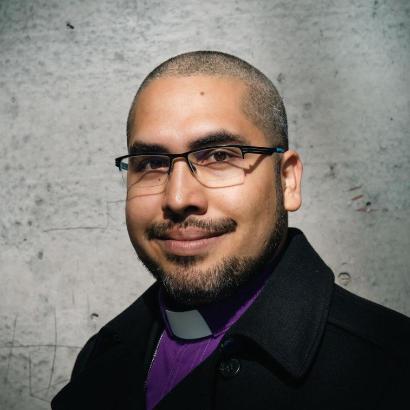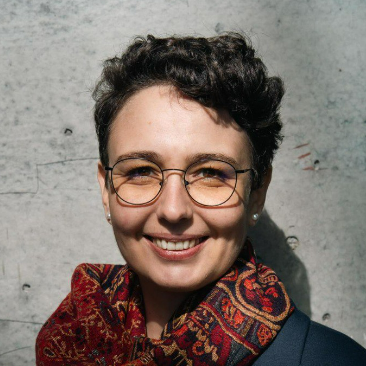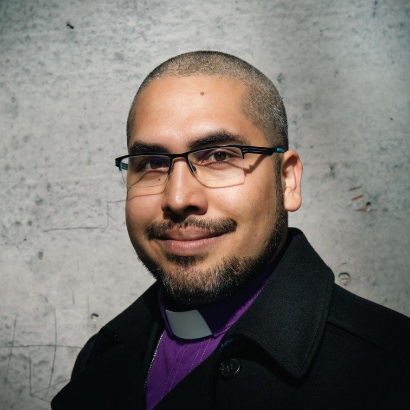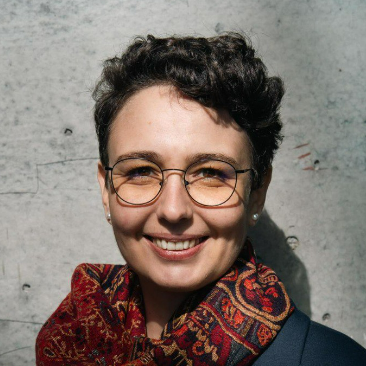


Rethinking Global Drug Policy: Humanitarian Perspectives for Resilient Health and Safety Systems
Rethinking Global Drug Policy: Humanitarian Perspectives for Resilient Health and Safety Systems
Information
Date & Time
-
-
Learning Objectives
Participants will be able to:
-
Assess the global state of drug policy through the lens of public health and human rights.
-
Analyze how punitive policies impact treatment systems, public safety, and community health.
-
Identify innovative policy alternatives that promote harm reduction and system-wide efficiency.
Educational Goal
Description
Drug policies around the world are undergoing a critical transformation, driven by the urgent need to respond more effectively to public health crises, social injustice, and the rising influence of synthetic drugs and organized crime. This session, led by Daniela Kreher and Martin Díaz Velásquez of the Knowmad Institut, provides a global overview of drug policy frameworks, highlighting the structural harms caused by punitive approaches and presenting alternatives rooted in health, human rights, and institutional resilience. The Knowmad Institut, a European Think & Do Tank focused on open science, ethics, and policy innovation, has worked for over eight years on drug policy reform and transnational organized crime. Drawing on its participation in the UN Ad Hoc Committee on Cybercrime, its global policy review aligned with the Rome Consensus 2.0, and its collaboration with public and private actors—including the Colombo Plan and C4 Recovery Foundation—the Institut brings a uniquely interdisciplinary perspective to the conversation. Participants will gain insights into how criminalization and stigma block access to essential treatment services, overload the justice system, and undermine public safety. Real-world case studies will illustrate how evidence-based and humanitarian drug policies can reduce harm, optimize institutional resources, and improve outcomes in both public and private sectors.

